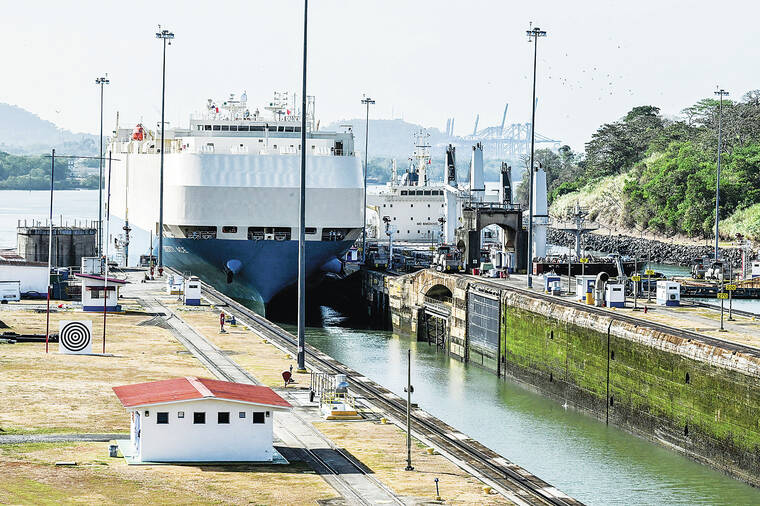Panama Canal jam sends ships sailing continents out of way
The Panama Canal, the century-old engineering marvel that revolutionized global trade, is being squeezed shut by drought and forcing shippers worldwide to face a painful choice.
They can wait in line for days or weeks, as low water levels limit the number of ships passing through the 50-mile waterway, carrying cars, consumer goods, fruit and fuel. They can pay millions of dollars to jump ahead in the queue, if a ship with a booked reservation drops out. Or they can sail an entire continent out of the way, sending their ships around the southern tips of Africa and South America, or through the busy Suez Canal.
Each choice adds cost, at a time when governments around the world are struggling to tame inflation. And the bottleneck will only worsen in the coming months as Panama enters its annual dry season, which typically begins in December and lasts until April or May. “We face less capacity, more trips, higher costs and a less efficient supply chain,” said Paul Snell, chief executive officer of British American Shipping, whose company moves about 20,000 to 40,000 containers per year. “Everyone’s going to have to get creative and decide what they’re going to do.”
Gatun Lake, which forms a key stretch of the canal system and provides fresh water for its locks, saw little rain this year, as El Niño triggered a withering drought. So the Panama Canal Authority has ratcheted back the number of ships allowed to pass, from an average of 36 to 38 per day in the past to an expected 18 in February, half the normal amount. The authority also reduced draft levels — how low a vessel can sit in the water — meaning some ships must carry less cargo. Even if the rains return on time next year, traffic congestion and draft restrictions will linger long into 2024.
Many companies, particularly those moving fuels from the U.S. Gulf Coast to Asia, have been willing to pay extra to ensure their ships get through. The authority holds auctions whenever a ship with a reservation cancels, and slots this year have gone for as much as $4 million.


